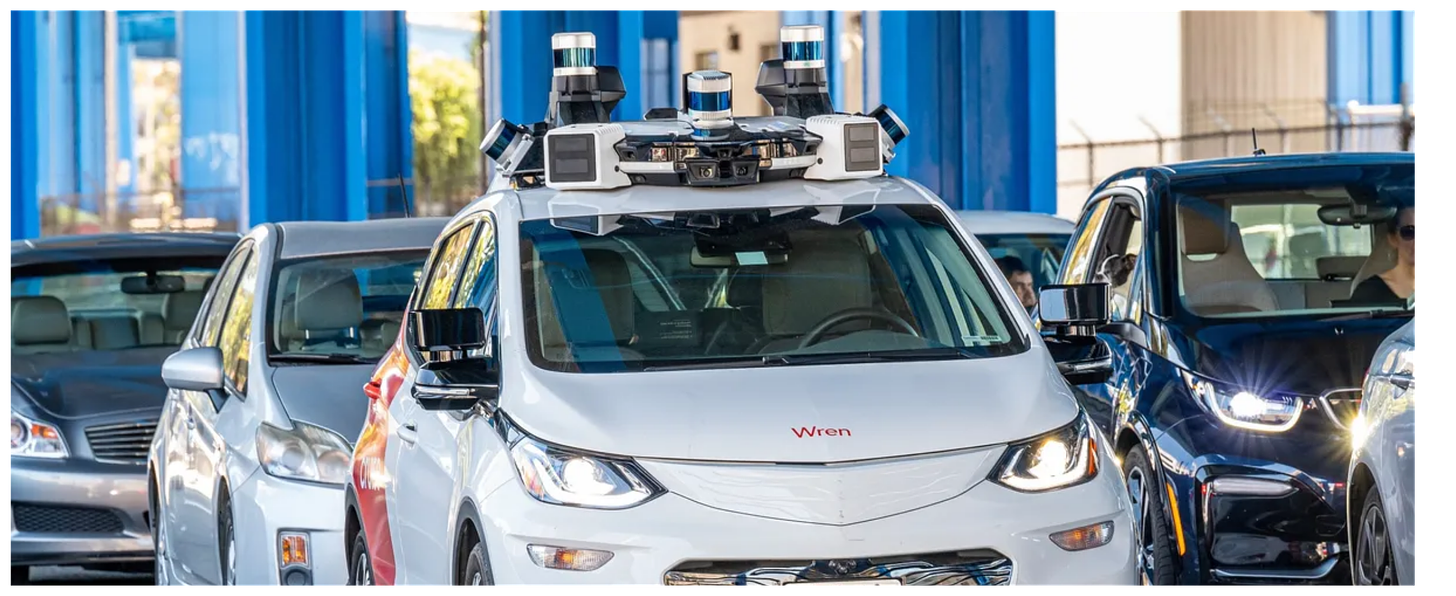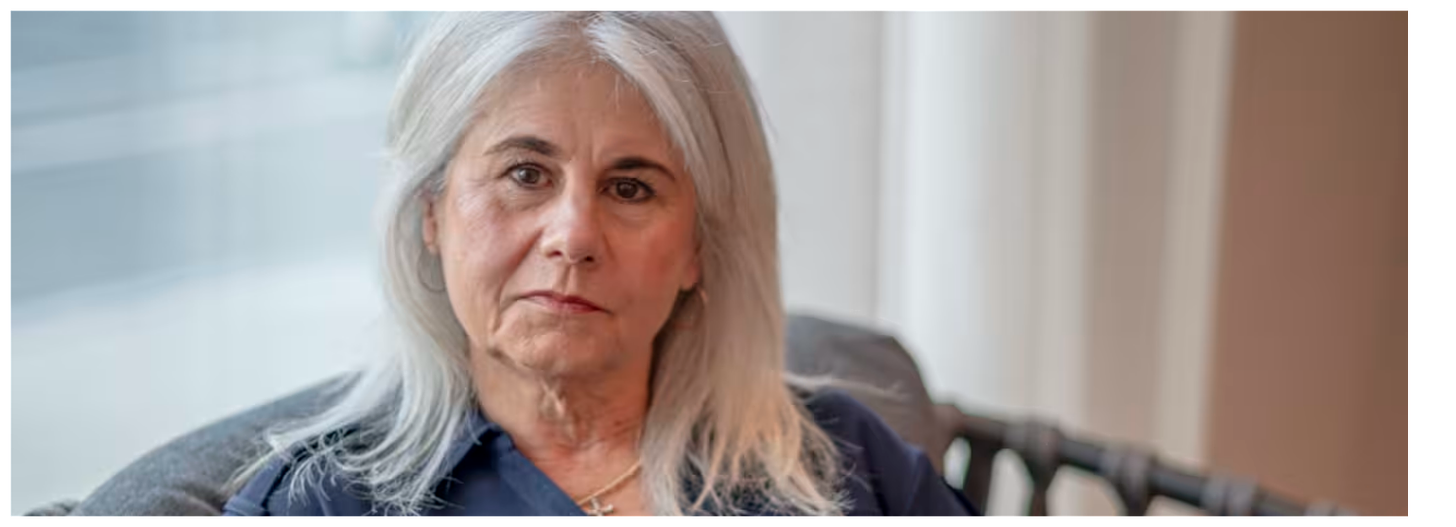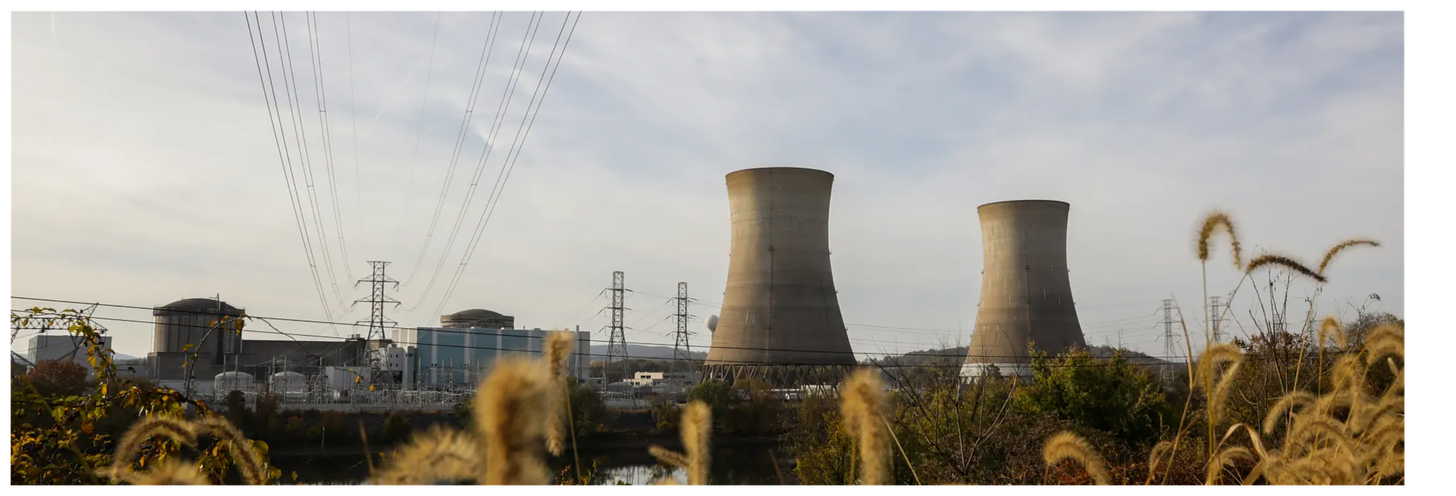🚗 Self-Driving Rules, Big Tech Critique, Starlink Rejected
Good morning. It’s Monday, November 18. Today we are covering:
Trump Team Said to Want to Ease US Rules for Self-Driving Cars
The Verge Editor-In-Chief Nilay Patel breathes fire on Elon Musk and Donald Trump's Big Tech enablers
US agency will not reinstate $900 mln subsidy for SpaceX Starlink unit
Inside Big Tech's Bid to Sink the Online Kid Safety Bill
Three Mile Island restart could mark a turning point for nuclear energy as Big Tech influence on power industry grows
Let’s dive in
Trump Team Said to Want to Ease US Rules for Self-Driving Cars
By David Welch via Bloomberg
Members of President-elect Donald Trump’s transition team are prioritizing a federal framework to enable fully self-driving vehicles, according to insider reports.
The proposed framework could directly benefit Tesla CEO Elon Musk, a key supporter of Trump, who is focused on advancing robotaxi technology and AI-driven vehicles.
This policy shift aligns with Musk’s strategic interests in self-driving cars, potentially accelerating his vision for Tesla’s leadership in autonomous transportation.
𝕏: Members of President-elect Donald Trump's transition team have told advisers they plan to make a federal framework for fully self-driving vehicles one of the Transportation Department's priorities, easing U.S. rules for self-driving cars. - Sawyer Merritt (@SawyerMerritt)
By Oliver Darcy via Status
Nilay Patel, Editor-In-Chief of The Verge, criticized Elon Musk's collaboration with Donald Trump, describing it as a significant threat to the First Amendment and press freedom.
Patel highlighted the alignment of Big Tech leaders with Trump’s administration, driven by their reliance on regulatory advantages and tariff exceptions, despite internal ideological conflicts.
He condemned the growing trend of monopolistic tendencies among Silicon Valley leaders, asserting that it reflects corruption rather than a genuine shift toward conservatism.
𝕏: We must dismantle the censorship cartel and restore free speech rights for everyday Americans. - Brendan Carr (@BrendanCarrFCC)
The best way to reach new readers is through word of mouth. If you click THIS LINK in your inbox, it’ll create an easy-to-send pre-written email you can just fire off to some friends.
US agency will not reinstate $900 mln subsidy for SpaceX Starlink unit
By David Shepardson via Reuters
The FCC reaffirmed its 2022 decision to deny SpaceX's Starlink $885.5 million in rural broadband subsidies, citing Starlink's inability to meet program requirements and concerns about the impact of Starship's uncertain launch future on service obligations.
SpaceX criticized the decision, calling it "deeply disappointing" and arguing Starlink is the best option for rural broadband; two Republican FCC commissioners dissented, accusing the Biden administration of regulatory bias against Elon Musk.
Elon Musk responded on X, asserting Starlink is uniquely solving rural broadband at scale and suggested the subsidy program should be dissolved or reallocated to benefit taxpayers.
𝕏: Big Elon Musk advocate gets the FCC chairman nod. Musk has been publicly taking on the FCC since a dustup over SpaceX's Starlink being denied nearly $900 million in rural broadband subsidies. - Brian Schwartz (@schwartzbWSJ)
Inside Big Tech's Bid to Sink the Online Kid Safety Bill
By Georgia Wells via Wall Street Journal
The Kids Online Safety Act, which passed the Senate in July with near-unanimous support, is now stalled in the House due to rising conservative opposition and Big Tech's record-breaking lobbying efforts.
Companies like Meta and Google are reportedly leading the pushback against the bill, which aims to establish new rules to protect children from online harm.
The delay highlights growing tensions between bipartisan legislative efforts and the powerful influence of technology industry lobbying in shaping policy outcomes.
𝕏: "Tech giants and their allies lean on culture-war issues to splinter bipartisan support for the bill" - Brad Wilcox (@BradWilcoxIFS)
By Spencer Kimball via CNBC
The planned restart of Three Mile Island's Unit 1 by Constellation Energy aims to supply Microsoft with carbon-free electricity for 20 years, marking a pivotal moment for nuclear energy as Big Tech's influence on the power industry grows.
The $1.6 billion project will deliver 835 megawatts of electricity to stabilize the grid, driven by surging demand from data centers and artificial intelligence, while addressing economic and environmental challenges.
Despite lingering fears from the 1979 accident, the restart is expected to bring 3,400 jobs to Pennsylvania, enhance grid reliability, and symbolize a broader shift towards nuclear power adoption in the U.S.
Trending in AI
AI-driven software testing gains more champions but worries persist
Biden seeks to improve U.S. competitiveness in AI and related fields
Thanks for reading to the bottom and soaking in our Newslit Daily fueled with highlights for your morning.
I hope you found it interesting and, needless to say, if you have any questions or feedback let me know by hitting reply.
Take care and see you tomorrow!
P.S. Want to advertise with us? We’d love to hear from you.
How was today’s email?









